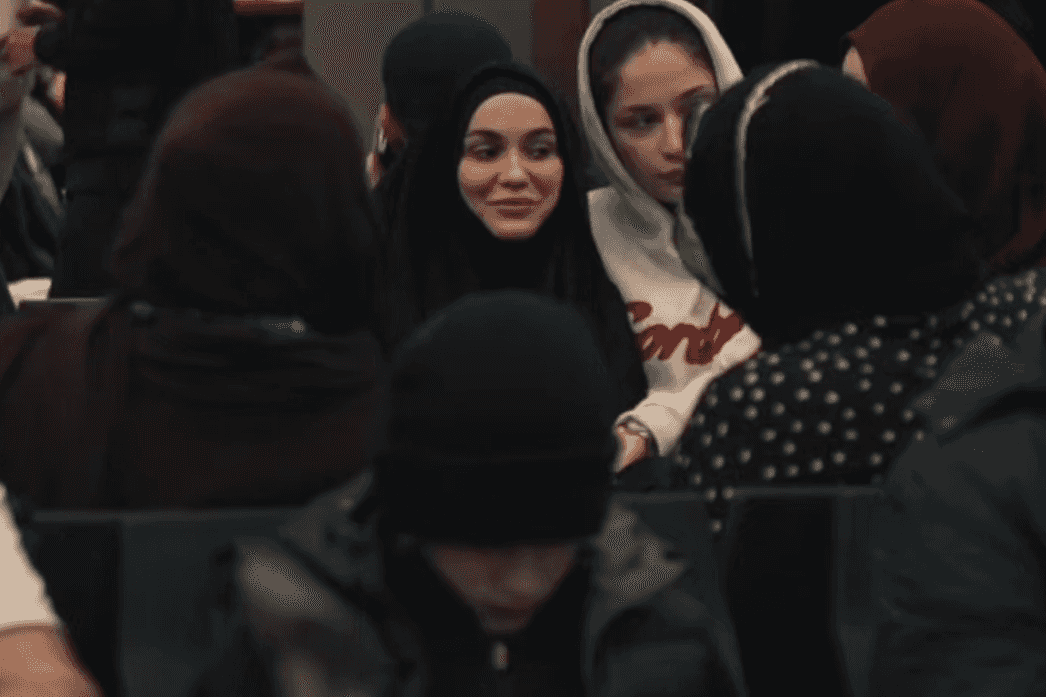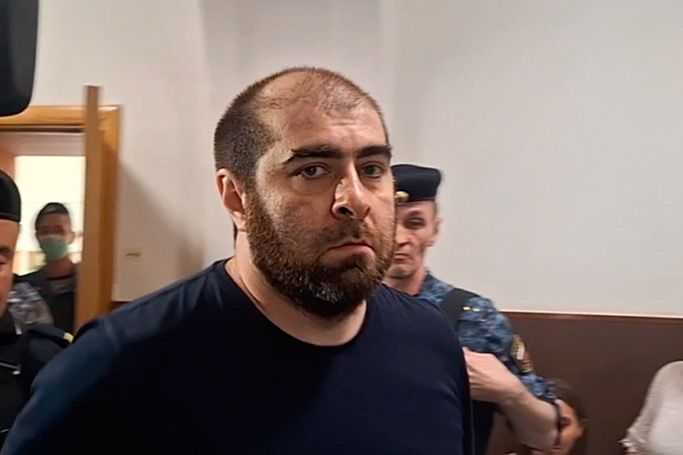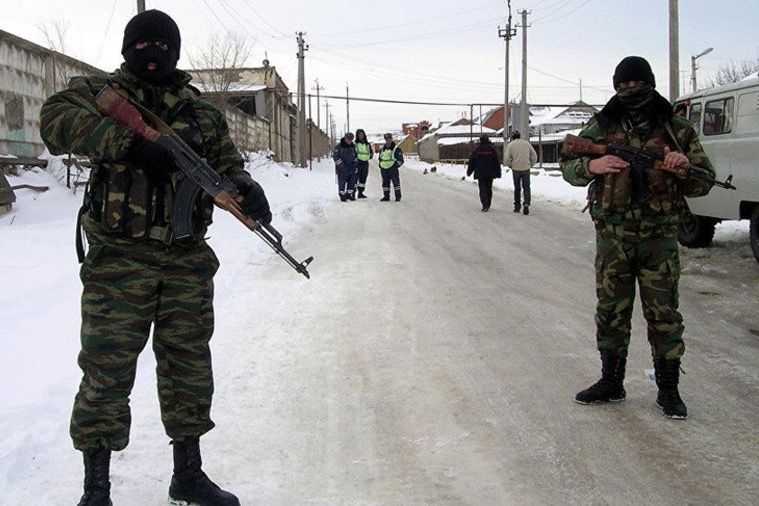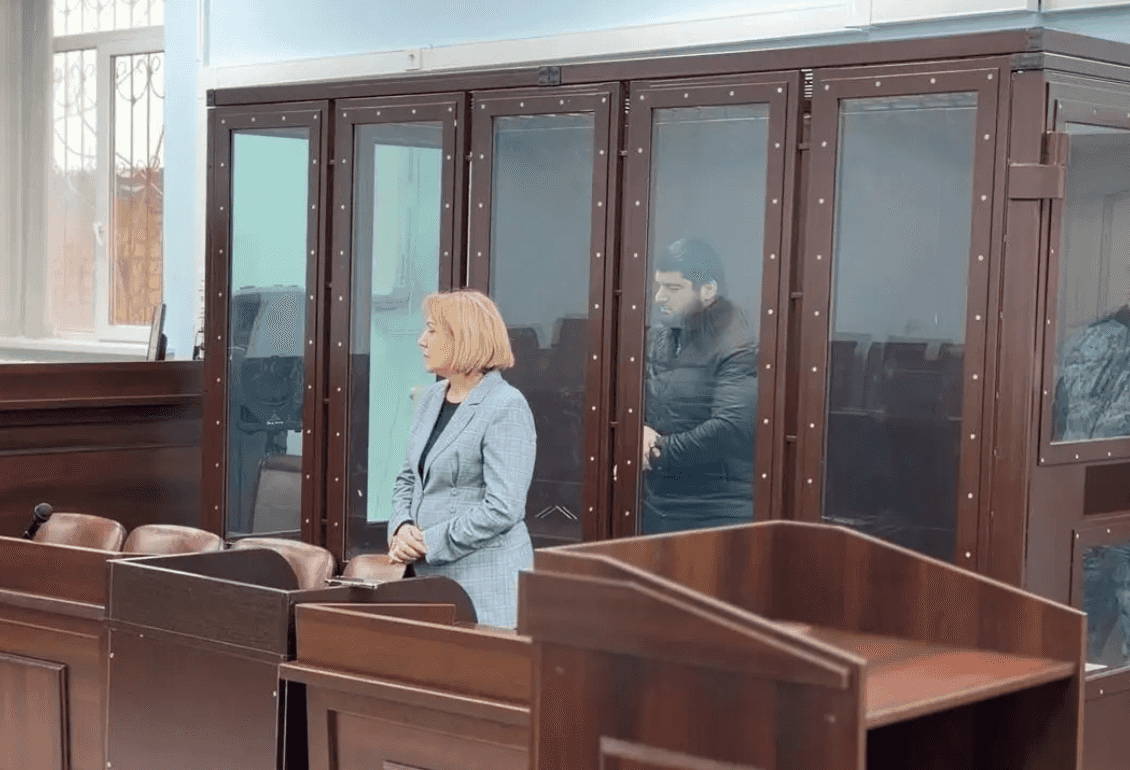
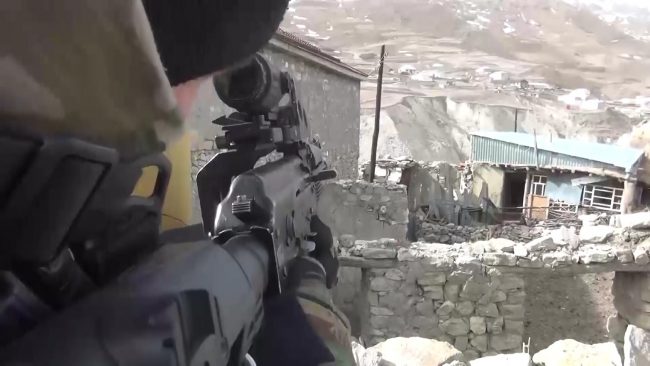

For several years, young Daghestani men have been disappearing, reported missing by their families only later to be declared ‘destroyed in counterterrorism operations’. Evidence from the families of many of these men as well as local rights groups and experts, suggest they may have been kidnapped by the authorities, and that faking the war on terror is just another face of Daghestan’s raging corruption.
Magomed Suleymanov disappeared on 3 June 2016 in Makhachkala, Daghestan, Russia. His relatives discovered his fate when the list of ‘militants’ killed in a 16 June counterterrorism operation in the village of Kasumkent, near the border with Azerbaijan, was made public by the authorities.
Ramadan Rashidov and Shamil Ramazanov disappeared around the same time in Kaspiysk and Makhachkala, their relatives tell OC Media. According to the authorities, their remains were found ten days later 40 km south of Makhachkala in a blown up car. The vehicle, according to the relatives, bore no traces of blood and the families never got to see the bodies.
On 24 September 2016, a police source told Chernovik that three ‘armed men’ were killed in a shootout near the village of Chulat in southern Daghestan. They were later identified as Said Saidov, Ramaldan Ramaldanov, and Aslan Abdurakhmanov, who were reported missing several days earlier.
Another eight men disappeared between 28 September and 4 October in Kaspiysk and Khasavyurt. The authorities later identified them as ‘militants’ killed during a counterterrorism operation on the night of 9 October in Chechnya, right across the border from Daghestan.
A terror streak
According to an official report by the Presidential Council for Civil Society and Human Rights, 284 people are currently considered missing in Daghestan, mostly young men aged 18–30.
Relatives of men allegedly kidnapped by the authorities say that 2016 was the worst year. In October 2016, a group of around 50 of them gathered in Makhachkala’s central square demanding information about the missing. The authorities did not respond.
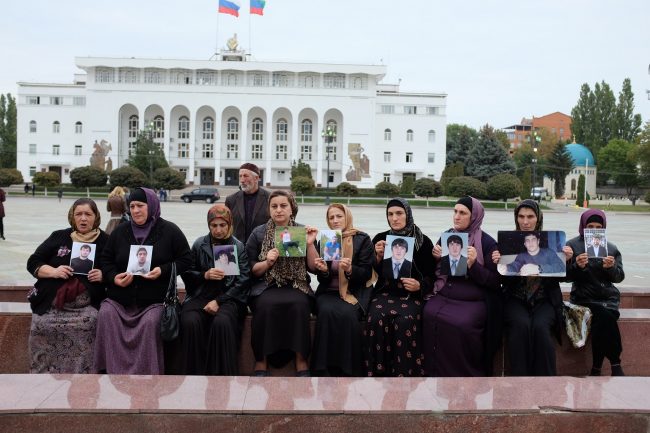
Relatives of several of the missing tell OC Media that the police have been inactive and that they had no choice but to seek help from the European Court of Human Rights (ECHR).
Daghestani daily Chernovik reported that only after relatives of the disappeared started to raise the issue publicly did the authorities begin to accuse the men of being ‘extremists’. Many of them were identified by the authorities as ‘militants’ during supposed counterterrorism operations that followed soon after.
‘A secondary concern’
The disappearance of eight men in September and October 2016 attracted the interest of lawyers from local right groups Agora and Legal Initiative.
Zhanna Ismailova from Mother’s Heart, a local group of mothers of disappeared men, tells OC Media that on 28 September 2016, Islam Magomedov, Gashim Uzdanov, and Pakhrudin Makhayev were visiting their friend Shamil Dzhamaludinov near Kaspiysk, when the four of them disappeared.
The relatives of another man, also named Shamil Dzhamaludinov (unrelated to the first), tells OC Media that on 4 October, police ‘took’ him, his brother Kamil, and two friends in Khasavyurt. According to Ismailova, several witnesses saw them being approached by men in a black jeep, who twisted their arms and pushed them into the car.
Ismailova says that relatives of the abducted men presented copies of their phone bills to the police, which indicated that they were being held at the premises of Daghestan’s Centre for Combatting Extremism. They also brought video recordings from surveillance cameras showing the abduction, including the number plates of the cars that took them away. ‘So far, to no avail’, she says.
A few days later, all eight of the disappeared men were identified as ‘militants’ supposedly killed during a counterterrorism operation on the night of 9 October in Chechnya, right across the border from Daghestan. Their bodies had been burnt beyond recognition and DNA testing was necessary to identify them.
According to the report by the Council for Civil Society and Human Rights, Chechen and Daghestani special forces knew about the men’s arrival from Daghestan in advance. The cars in which they arrived had been stolen the day before and were registered as missing, which means that their ability to cross the police-staffed border between the two republics was questionable.
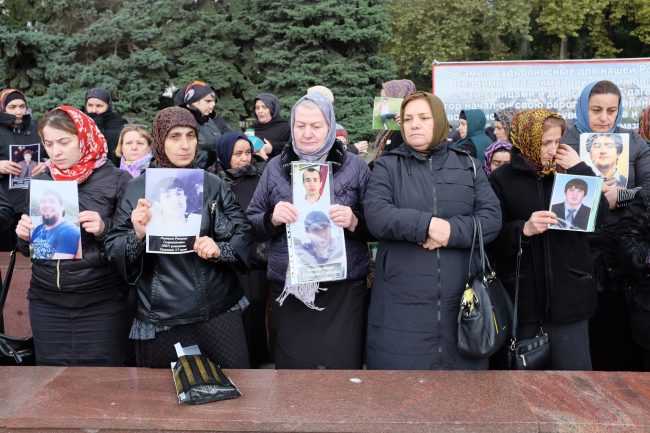
While relatives of the slain men have engaged in a lengthy legal battle, Legal Initiative has been preparing the necessary documentation to take their case to the ECHR. Mother’s Heart have asked the Red Cross and rights group the Centre for Civic Assistance to Investigations for help.
According to Ismailova, Agora’s lawyer, Andrey Sabinin, tried to merge the cases of ‘extremists’ in Chechnya with the cases of disappeared people in Daghestan, but the North Caucasus Investigation Committee rejected his motion.
‘They explained that there are more important cases in Daghestan — such as the detentions of high-ranking officials — and kidnappings were a secondary concern’, she added.
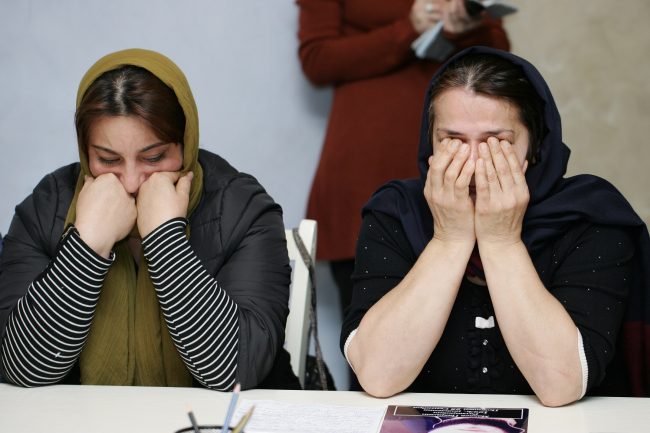
Counterterrorism industry
What is a counterterrorism operation regime
The 2006 law ‘On counteracting terrorism’, allows security services to declare a counterterrorism operation regime giving them the right to:
- Check identity documents and detain anyone who cannot produce them;
- Control and suspend telephone and other communications;
- Access and enter all premises without a warrant;
- Commandeer official and private vehicles at will;
- Set up checkpoints to restrict movement of vehicles and people
- Introduce a quarantine;
- Remove people and objects from the operation zone;
- Restrict the sale of weapons, ammunition, explosives, drugs, and alcohol.
The head of Daghestan’s Independent Police Trade Union, Magomed Shamilov tells OC Media that the current regulations on counterterrorism operations (CTOs) enabled the police to act with impunity.
‘Our CTOs consist of sending off law enforcement officers, shutting down the area in question, and letting them do whatever they want. Journalists aren’t allowed to accompany them and observers and activists aren’t allowed anywhere near. That means that the security forces can create any outcome that’s convenient for them. At the same time, a lot of money is allocated for these special operations’, Shamilov says.
Lawyer Konstantin Mudunov, a veteran of a number terrorism and extremism trials, tells OC Media that counterterrorism operations and ‘abductions’ of young people, who are later accused of extremism and terrorism, keep Daghestan tense, yet ‘under control’.
‘No one knows what a counterterrorism operation [regime] really is or on what grounds it can be declared. We are told about some militants, but where does this information come from? Where are all these “illegal armed formations”, what is the source of information about “terror acts” being prepared? This is the most important point that’s being hidden from the public. A CTO is held and then after the alleged militants are “destroyed”, we have no opportunity to verify the [official] reports or to question the accused or suspects. Why aren’t they ever detained alive, why “destroy” them and hide the corpses? In order to prevent others from finding answers to these crucial questions’, Mudunov tells OC Media.
According to him, the timing of counterterrorism operations usually coincides with politically relevant events, such as elections, the 2014 Winter Olympics in Sochi, or the 2018 FIFA World Cup.
Mudunov tells OC Media that counterterrorism operations were used to distract people from the ‘all-consuming corruption’, which, according to him, governs all social relations in Daghestan. He says that corruption and terrorism were parts of the same vicious cycle in Daghestan, feeding off the other.
‘What’s more dangerous to society: corruption or terrorism? Everyone will say corruption — because it’s the cause of terrorism’, he says. ‘The “war against terrorism” is good for corruption, because the CTOs divert people from tackling corruption’.
Mudunov also claimed terrorism was being ‘artificially ignited and controlled’ by the authorities. ‘If for any political interests a “surge in terrorism” is needed — not necessarily terrorism itself — CTOs will provide it.’
He added that counterterrorism was a big business with a huge number of people involved and billions of roubles of state money being spent on “anti-terrorism” activities.
‘Who can stop this machine?’ he asks, ‘it’s unprofitable to stop it’.


